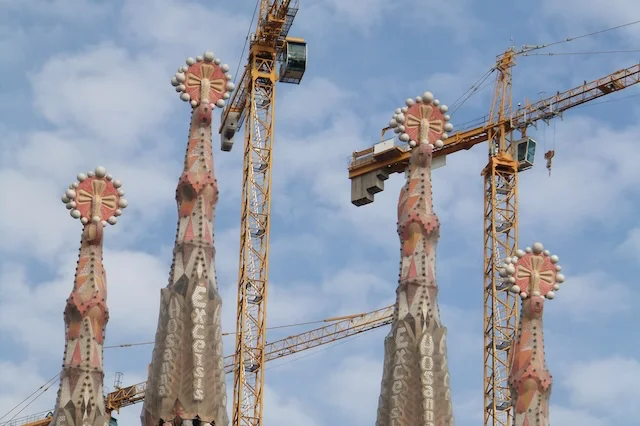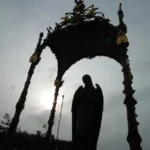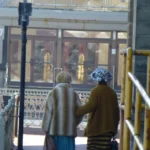Like millions of other people, I became a carer for my mother as she died of dementia. She had left home in her teens to join the women’s Royal Navy (Wrens). She learned to rally drive, to drive defensively. She brought up her sons alone after the death of my father.
I will make you a cup of tea
The shade you like
The warmth you find comforting
The sweetness you find acceptable
And you’ll savour it
And recall all the other cups
In your long, eventful life.
And you will be you safe this afternoon
As you drift
As it rains outside
As I say “I love you”
As I put the cup in your paper skin hand.
Reaching outside of all recognition
As I cease to exist for you
But you’re still there
Drinking the tea
That someone kind brought you once.




